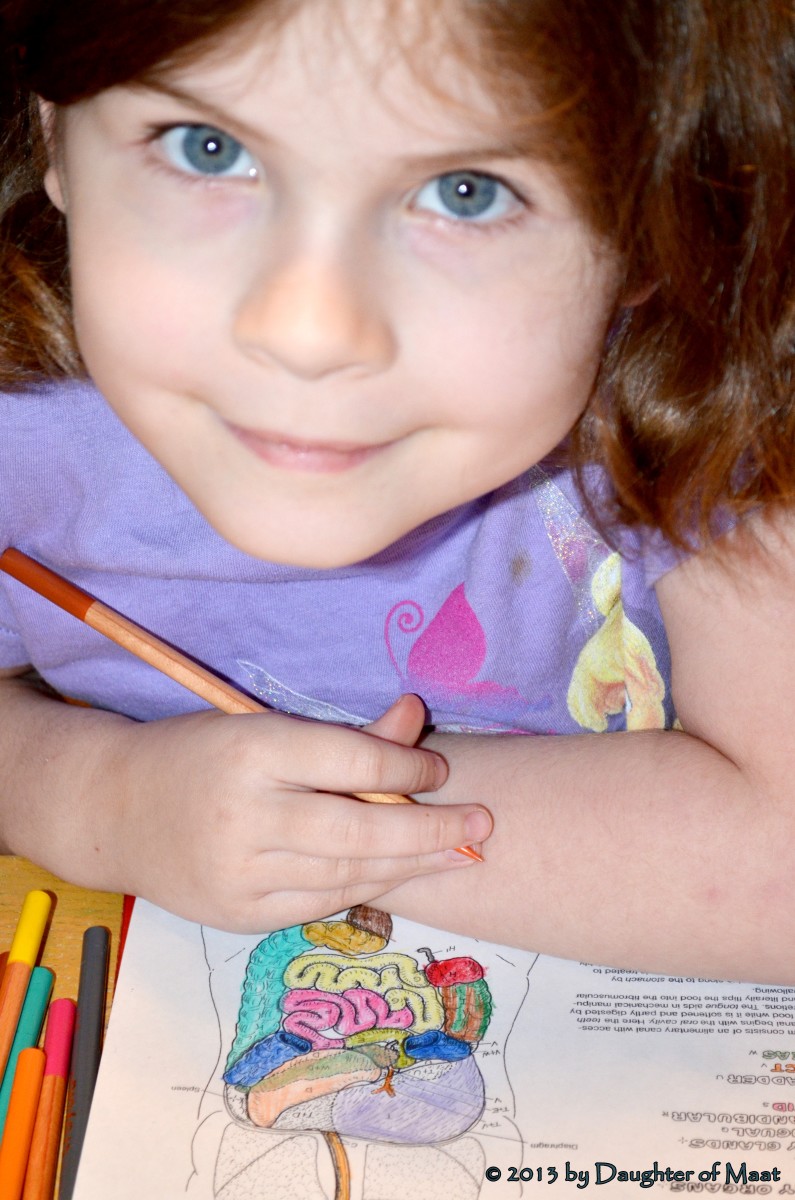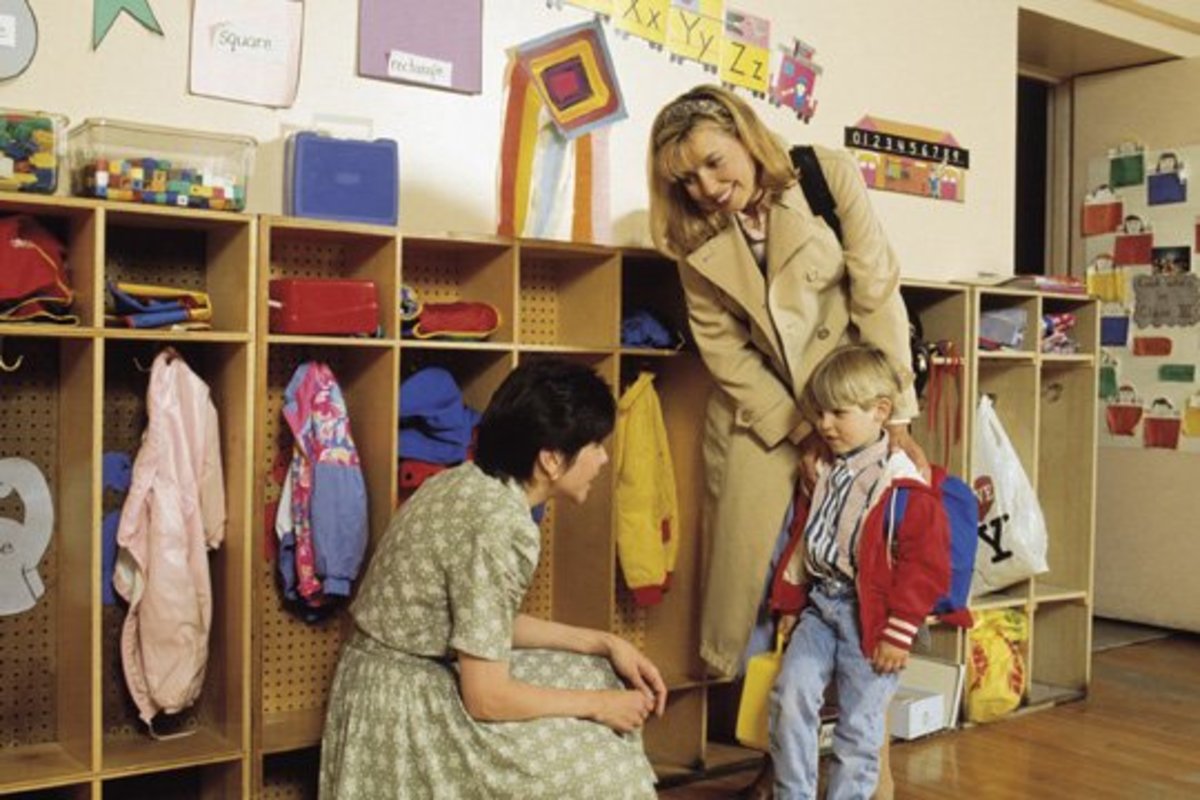Oppositional Defiant Disorder: Causes, Symptoms, & Treatment
Oppositional defiant disorder is a psychological disorder affecting up to 20% of school-age children. (PubMed, referenced October 10, 2013). The symptoms range from mildly frustrating to severely debilitating for the child and overwhelming for the parents or caregiver. Unfortunately, as a psychological diagnosis, oppositional defiant disorder has received little research funding or social interest.

Causes
Because of the lack of research into oppositional defiant disorder, there are several theories regarding the causes, but no definitive results. Theories include:
- Genetic predisposition
- Brain chemical abnormalities
- Psychosocial factors
As a board certified psychiatric-mental health registered nurse, I have had the opportunity to work with many children who have oppositional defiant disorder, along with the families of those children. These are the characteristics of the families I have observed. These characteristics are supported by the limited research into this psychological disorder:
- Inconsistent limit setting
- Family discord
- Parents with behavioral problems (e.g. antisocial personality disorder)
- Parents with substance abuse/addiction
Additionally, I have noticed an increase in oppositional and defiant behaviors in children who have had exposure to various drugs during pregnancy. Methamphetamine in particular seems to have a profound effect on the child’s development.
Symptoms
Symptoms of oppositional defiant disorder begin in childhood by the age of 8 years and must last 6 months or longer. Diagnosis may occur after the age of 8 years if the symptoms were present before the child was 8 years old. The symptoms are as follows:
- A pattern of disobedience in regard to authority figures, particularly parents and teachers
- Excessive and/or persistent anger
- Vengeful with a lack of sensitivity to others’ feelings
- Purposely annoys others, such as parents, siblings, and classmates
- Argumentative and stubborn
- Frequent temper tantrums and/or angry outbursts
- Easily annoyed and frustrated by others and situational events
- Does not take responsibility for mistakes
- Blaming and unapologetic
Treatments
Parents of children with oppositional defiant disorder likely are frustrated and overwhelmed. Often they feel as though they have “tried everything” with little or no positive results, maybe even seeing a worsening of behavior. While there is no perfect method of treating oppositional defiant disorder, the most effective treatment thus far is positive reinforcement of healthy behaviors with a lack of attention to oppositional and defiant behaviors.
When a caregiver gives attention for oppositional and defiant behaviors, even though that attention may be negative or corrective in nature, the child still receives a positive benefit of attention. Over time, the child with oppositional defiant disorder may receive very little attention except negative attention and so he/she learns to continue to act out in order to receive any attention.
To correct this problem, parents and caregivers must stop giving any attention for argumentative, stubborn behavior. It may be extremely difficult to ignore, especially in social situations; however, this must be done consistently regardless of the social setting.
In addition to withdrawing attention for oppositional and defiant behaviors, parents and caregivers need to transition to giving positive attention for any non-defiant behaviors. Positive attention may be:
- Verbal praise
- Physical affection (e.g. hugs, kisses)
- Special privileges
- Small treats or gifts
Do not go overboard on special privileges or treats as the child may begin to use manipulation tactics to get these things. Positive attention for non-defiant behaviors should be immediate. For example, consider if two children are playing together and the child without oppositional defiant disorder wants to share a toy. If the child with oppositional defiant disorder participates in sharing without arguing, the child should be immediately rewarded. Praise would be most appropriate here: “You did a great job sharing your toys with Timmy!”

Some parents or caregivers may choose to use a special board or object to give immediate rewards. Examples of this type of positive attention include:
- A poster board that you and the child decorate together. The child earns stars or a favorite type of sticker to be put on the board for any nondefiant behaviors.
- A glass jar that is filled with a marble each time the child behaves appropriately. When the jar is full of marbles, the child earns a special reward, like going out for ice cream or having a friend sleep over. This particular system gives the child the immediate reinforcement of the marble, in addition to the long-term reward when the jar is full.
This change in parenting style must occur over time to be effective. Do not expect immediate results. The transition will be difficult and the child with oppositional defiant disorder may test the parent and caregivers for some time. The child may not understand why attention is being withdrawn and the child may actually escalate his/her behaviors for a period of time. Be dedicated through this time period. Remind yourself of how wonderful it will be when the child improves. Once the child learns that you are going to give positive attention for good behavior, he/she will begin to transition more quickly.
Summing Up ODD
- ODD is a pattern of behavior, not an isolated event
- ODD symptoms begin before 8 years of age
- ODD symptoms include a pattern of hostile, stubborn, defiant behavior
- ODD is treatable with behavioral therapy, such as positive attention for nondefiant behaviors and withdrawing attention for defiant behaviors
- Parents of children with ODD may need therapy or support groups. Help is out there.
Support for Parents and Caregivers
In the meantime, it may be beneficial for parents and/or the entire family to enter therapy together. It is likely that the stress of trying to help the child with oppositional defiant disorder has put a strain on everyone involved and perhaps created some unhealthy behaviors in other children and a wide array of emotions in the parents. A trained therapist can help the entire family unit work through these feelings and experiences while helping to keep you on track with your new parenting techniques.
Additionally, there are some online support groups for parents of children with oppositional defiant disorder. You may find it helpful to relate with others who have experienced what you are experiencing. This is one site that offers an online support group for parents of children with oppositional defiant disorder:
http://www.dailystrength.org/c/Oppositional-Defiant-Disorder-ODD/support-group
If at any time, you become worried about your safety or the safety of your child or children, contact a health care provider or emergency services immediately.

© 2013 Leah Wells-Marshburn








